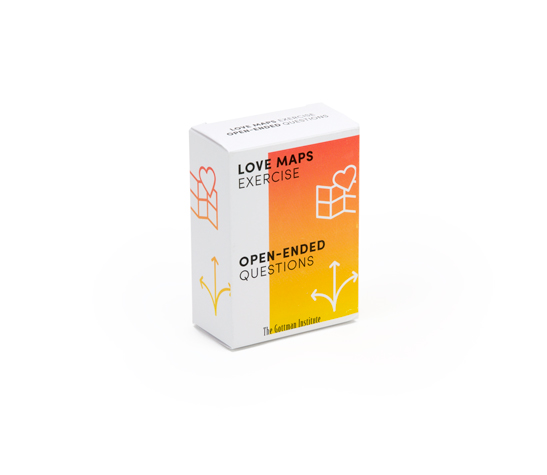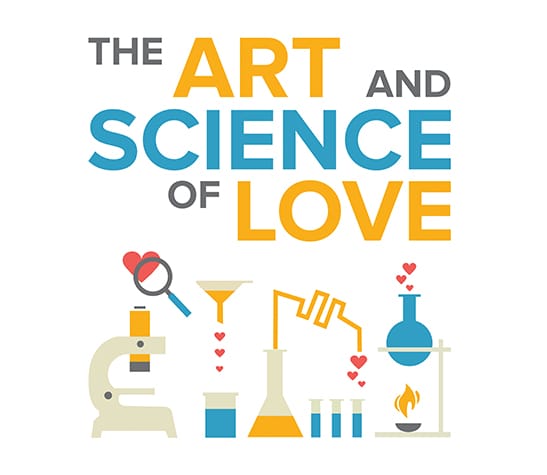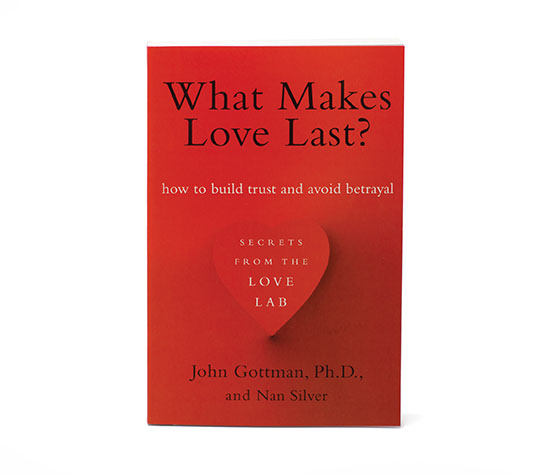I was in a job interview a while back when the interviewer asked me, “What three words would your best friend use to describe you?” I like the question, but it took me a moment or two to respond.
If someone were to ask you, what would you say? Just for kicks, pretend I’m asking: “What three words would your best friend use to describe you?” Go ahead. I’ll wait.
It takes a minute, doesn’t it? For me, it wasn’t because I couldn’t find the words. It was because I couldn’t decide who my best friend was.
Eventually I said, “I think my wife would describe me as tall, dark, and handsome.” (Those aren’t the actual words I said. The actual words were more job-interview-y.) Baffled and a little incredulous, my interviewer said, “Your wife is your best friend?”
When you thought of your three words, who were you imagining as your best friend? Was it your spouse?
It’s an odd thing — spouses as friends, or at least as best friends. Spouses and friends are almost in two different categories. But they shouldn’t be, especially if we think about what friendship really is.
Deep friendship is the foundational level of Dr. Gottman’s Sound Relationship House Theory of happy couples. It is the root of commitment and trust. More importantly, it forms the basis for intimacy and satisfying sex. As he explains in The Seven Principles for Making Marriage Work, couples with deep friendships have:
“…mutual respect and enjoyment of each other’s company. They tend to know each other intimately — they are well versed in each other’s likes, dislikes, personality quirks, hopes, and dreams. They have an abiding regard for each other and express this fondness not just in the big ways but in little ways day in and day out.”
Gottman’s definition includes one of my favorite words: regard. I use it all the time when counseling couples, especially in early sessions. When couples have even a fundamental regard for one another, there is hope for therapy. Gottman Method Couples Therapy (GMCT) helps couples build friendship through a variety of interventions designed to help develop mutual respect and enjoyment, but those interventions are often fruitless without regard.
So, how do you foster regard? How do you cultivate friendship?
I think it begins by developing two simple skills:
1. Ask questions.
Learn to ask questions. Asking is a skill and you can develop it with practice. And the practice of asking can yield great rewards. One of my favorite leadership mentors, Bobb Biehl says:
“If you ask profound questions, you get profound answers; if you ask shallow questions, you get shallow answers; and if you ask no questions, you get no answers at all.”
Learn to ask profound questions. One of the core interventions of GMCT is learning to ask open-ended questions. Open-ended (i.e. profound) questions lead to deeper understanding of your partner’s inner world — Love Maps, in the Gottman vernacular. Detailed Love Maps are an essential piece of deep friendships for couples.
Again, it takes practice. It’s way easier to ask, “Did you have a good day at work?” than “So, what was it like at work today?” It’s even easier to ask, “Are you upset?” than “You seem upset — what’s going on?” But if your goal is friendship and intimacy, you’ll give it a shot and you’ll find it makes skill two a little easier.
2. Tell stories.
The second skill in deepening friendship is to tell stories. We all know somebody who is a “great storyteller.” Whenever I hang out with that guy, I always end up feeling like I’m a “bad storyteller.” But that’s simply not true. I’ve got great stories. So do you.
I am surprised how many people have never told their story. You should try it. It starts with “I was born in…” You may be surprised what comes out of your mouth next. And if you’re telling it to a curious listener the opportunity for discovery is boundless. Your family story. Your first kiss story. Your broken leg story. They all hold insights into “you” and how you think about relationships.
As a couple you should also tell your collective story. The telling of your shared history is one of the earliest elements of GMCT. When new couples come in, I ask them for their whole story. It’s invariably filled with ups and downs, laughter and tears. How a couple tells the story is as important as the story they tell. Friends tend to “glorify the struggle” while couples whose friendship is broken focus more on the struggle itself. It’s important to learn how to focus on the stories of perseverance, connection, and joy.
Do not underestimate the power of stories. Our brains are designed to be drawn into and motivated by stories. Most of what we know about human history has been passed down through oral tradition. Stories have the power to build and transform relationships. They provide context for the rough spots and remind us that there is something bigger than the struggle.
So, ask questions. Tell stories. Indulge curiosity and discovery. Create context for exploring each other’s likes, dislikes, personality quirks, hopes and dreams. Focusing on your friendship and cultivating regard is the best thing you can do for your relationship as a whole.
It’s not terribly complicated. Maybe start by asking, “What three words would you use to describe me?”










